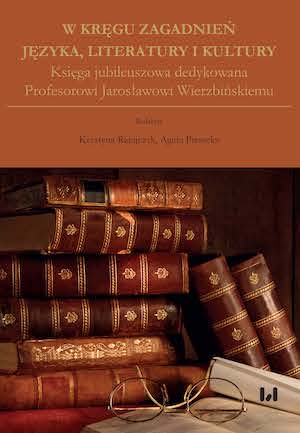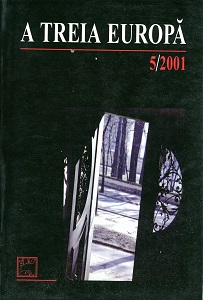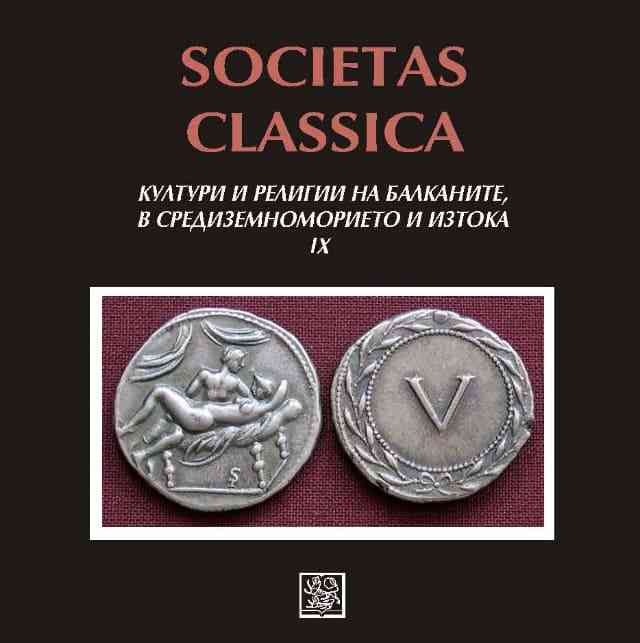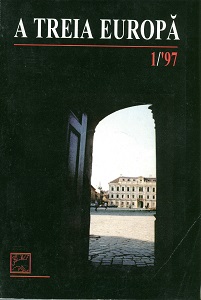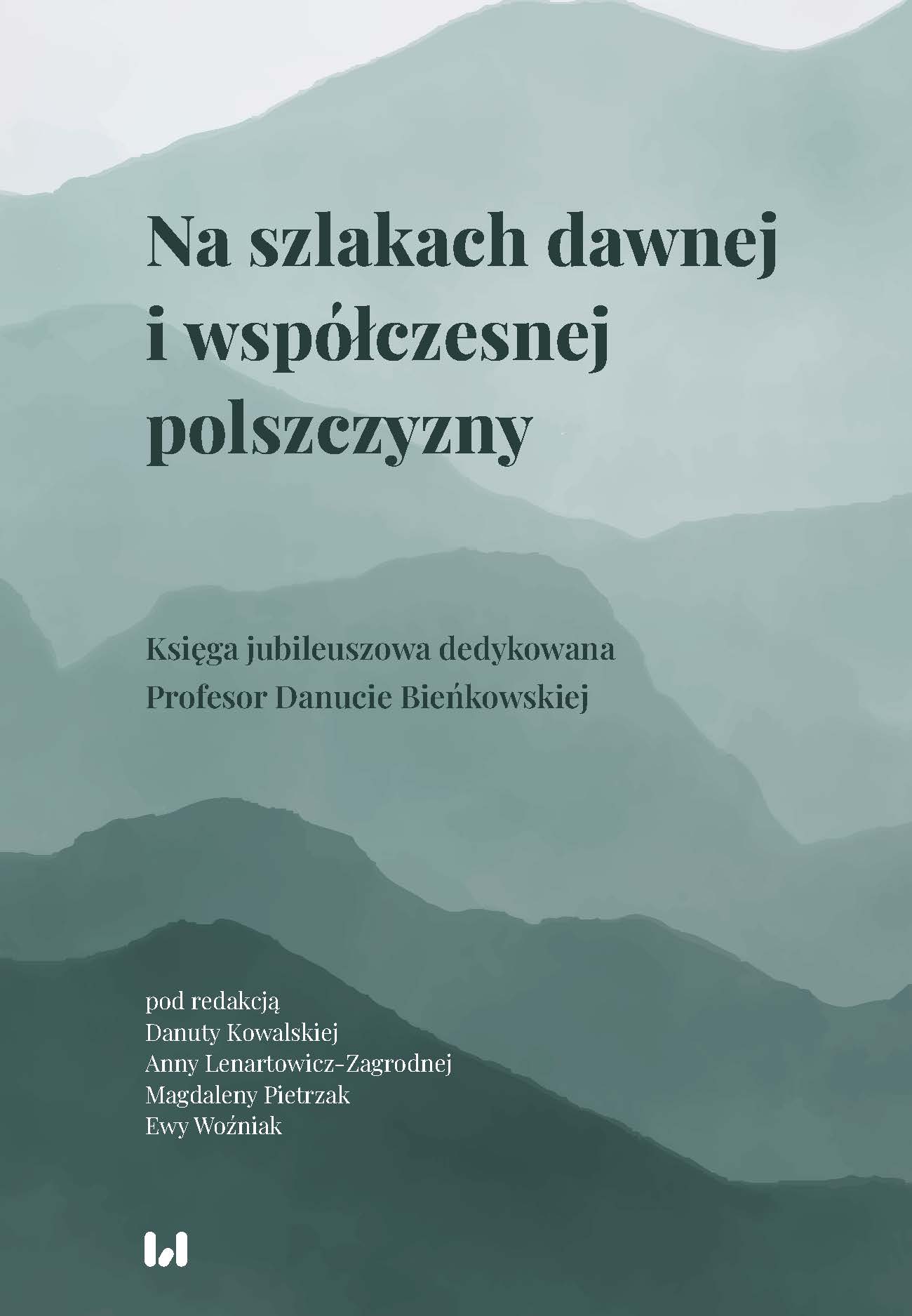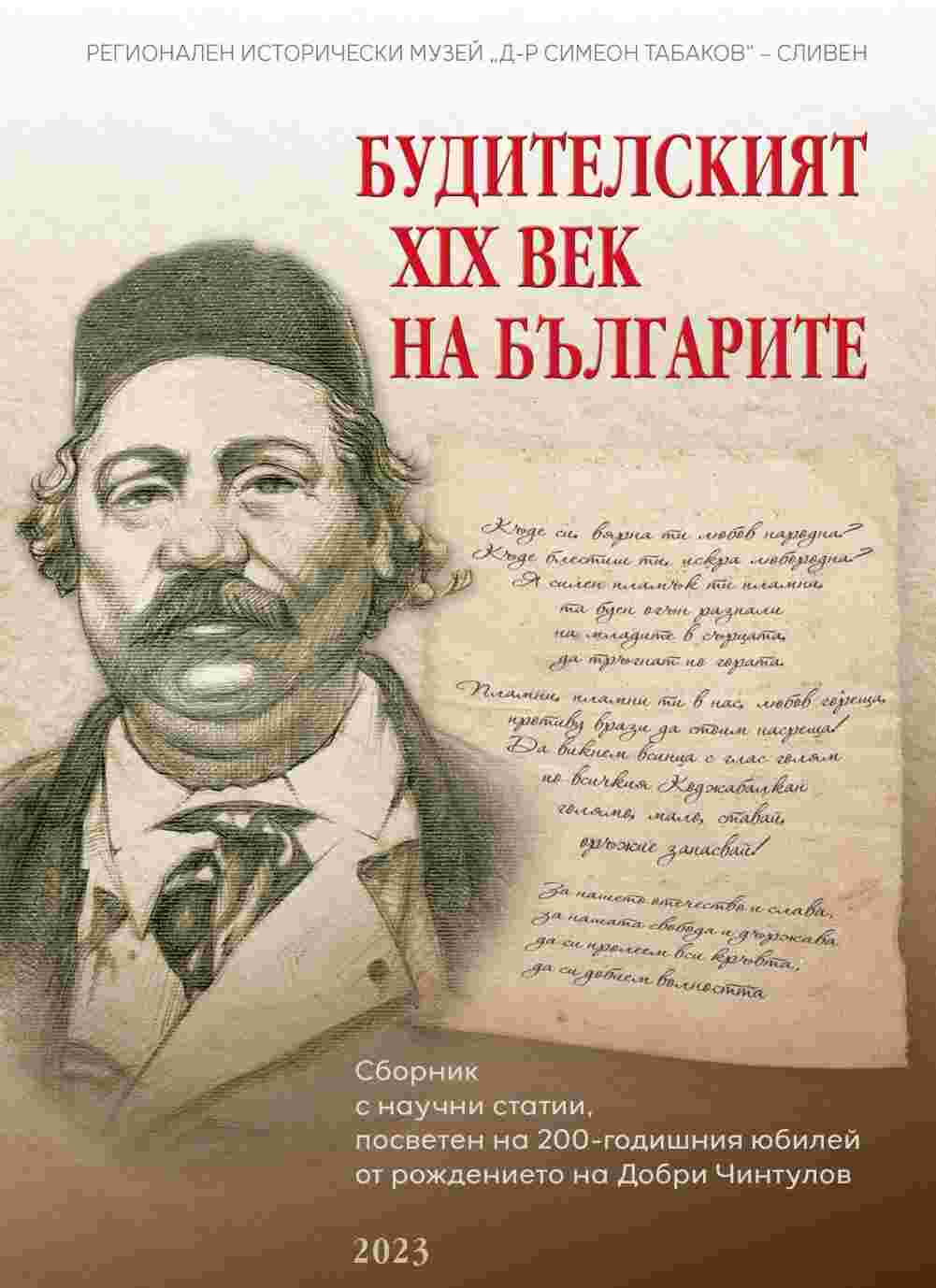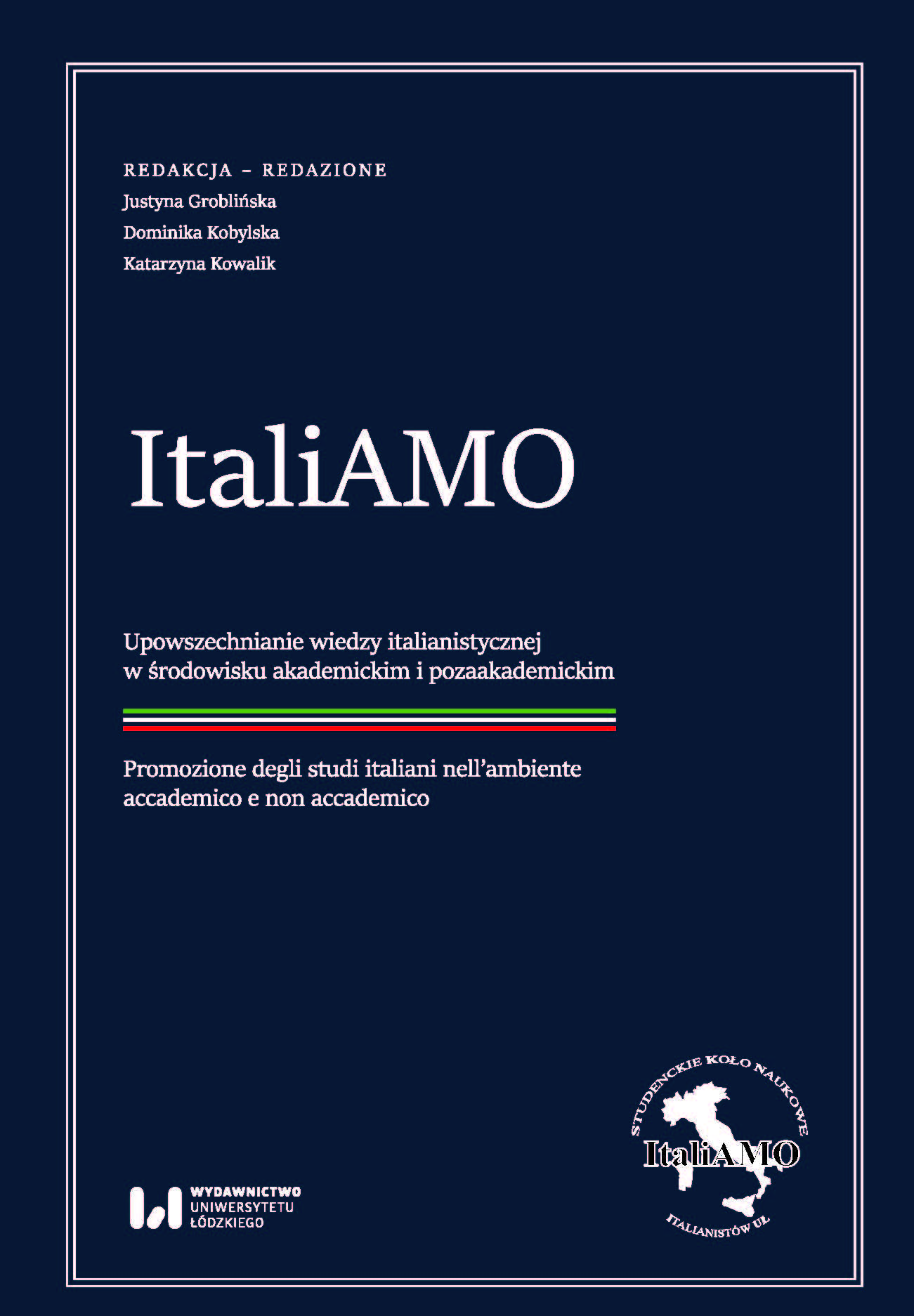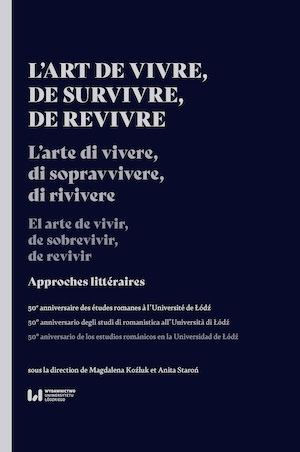
Tiempo malgastado. Sobre el aplazamiento de la escritura en tres novelas hispanoamericanas
In the last decades, many studies have proliferated on the different ways in which a specific modality of consumer society, characterized by an unbridled acceleration of the rhythms of production and work, affects the lives of millions of people, especially in highly industrialized nations. These studies suggest that the individuals, under the pressure of an increasingly accelerated and frenetic pace of life, are compelled to perform certain roles and achieve certain goals that, if satisfactorily fulfilled, could guarantee success, or, at least, social acceptance. But what happens when the individual cannot or do not want to perform and fulfil such roles and expectations fast enough, when the individual prolongs or just abandons the entrusted task? In the richly diverse world of Latin American fiction, many writers have tackled this question. In base of three novels of different years: “El libro vacío” (1958), by the Mexican Josefina Vicens, “Wasabi” (1994), by the Argentine Alan Pauls, and “La novela luminosa” (2005), by the Uruguayan Mario Levrero, this paper comments the role played in contemporary fiction by the figure of the apathic, indolent or just slow-moving writer. The main characters of those novels seem to live in a slow-time dimension opposed to the fast one dominant in late modernity.
More...
